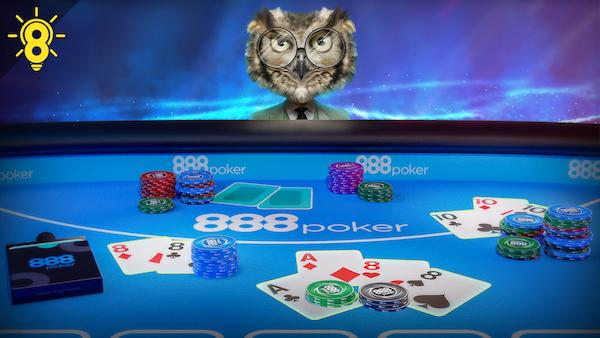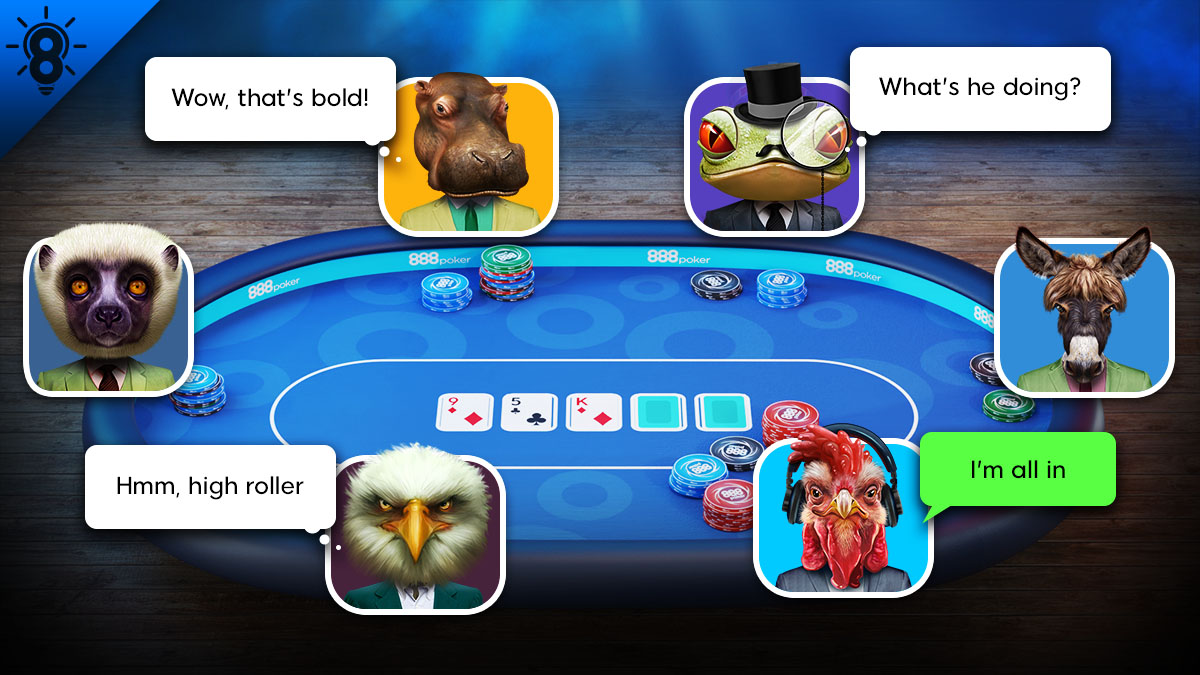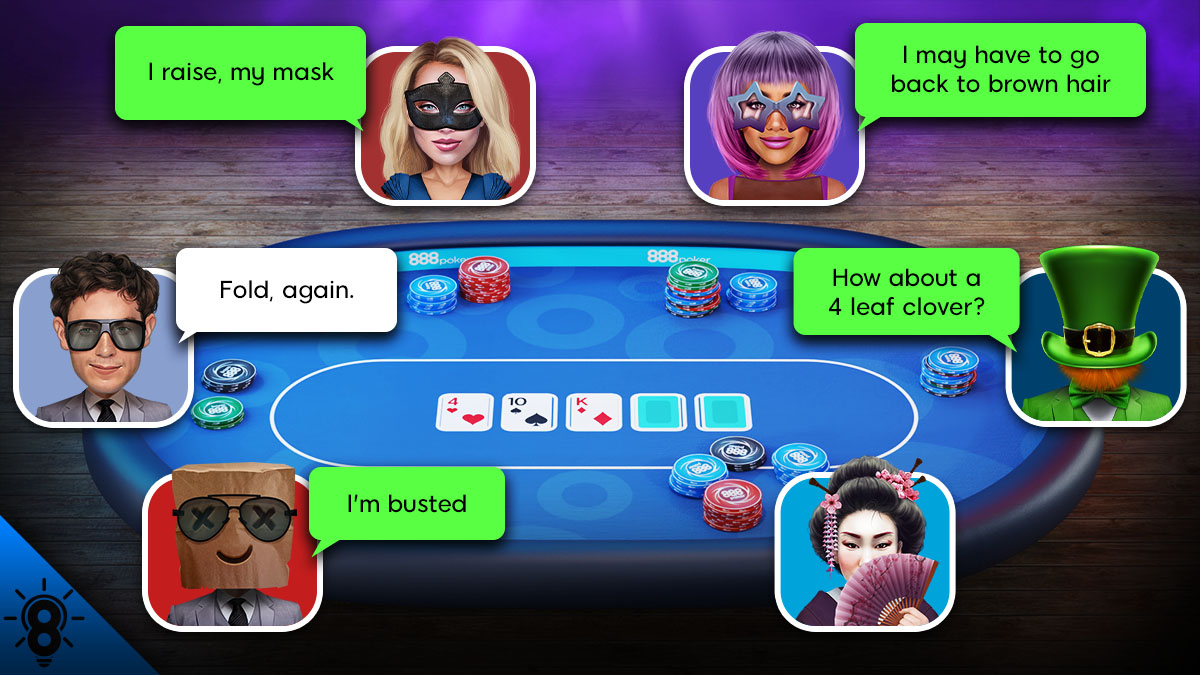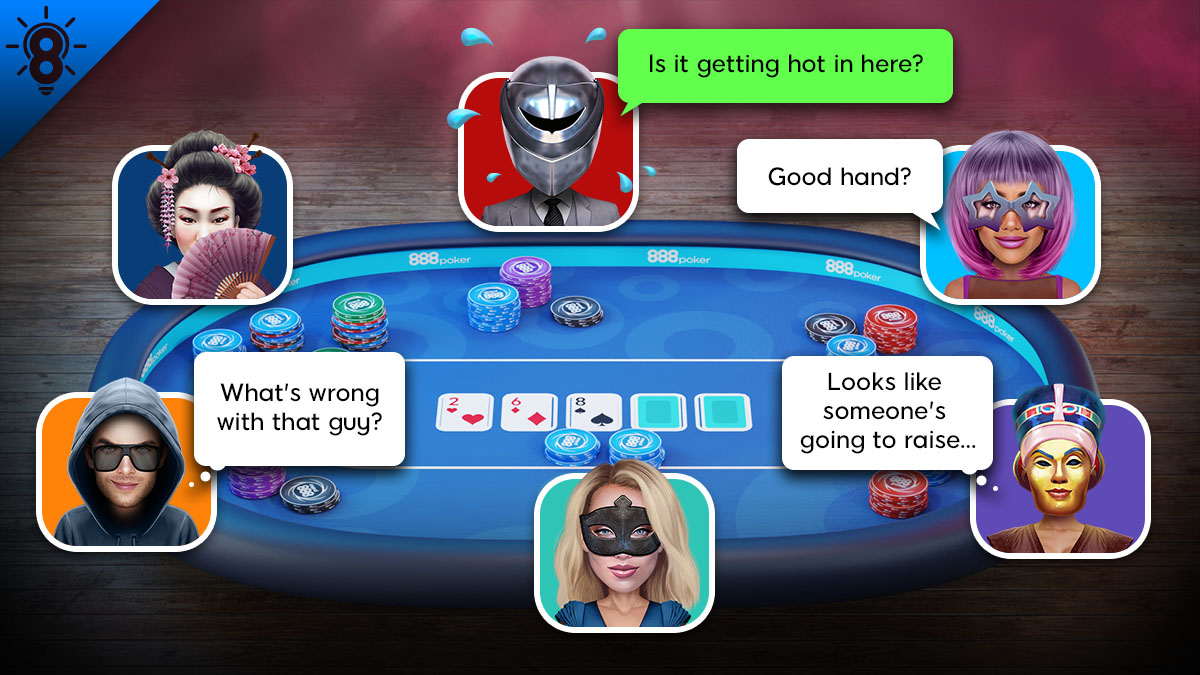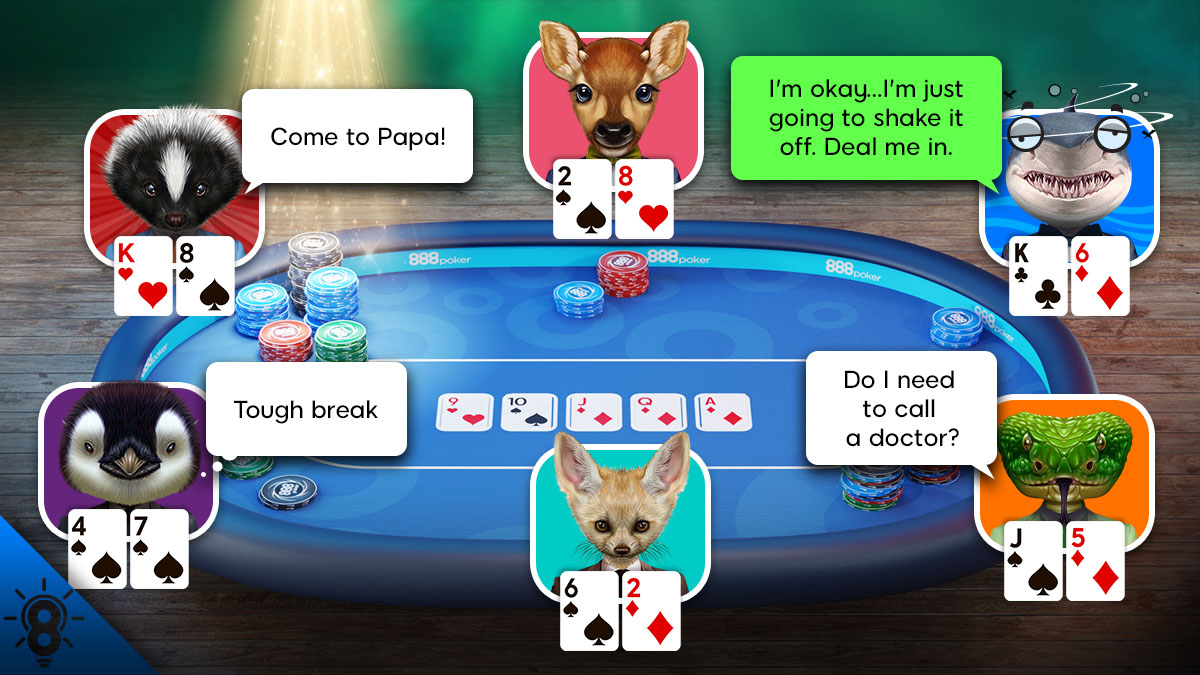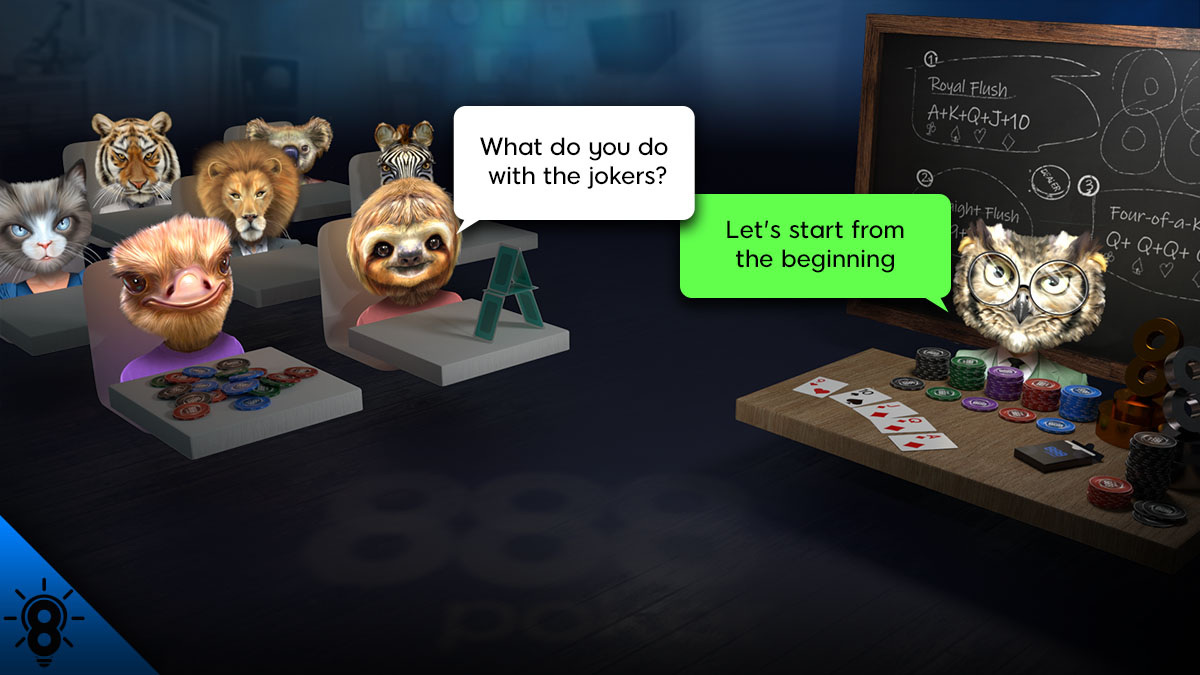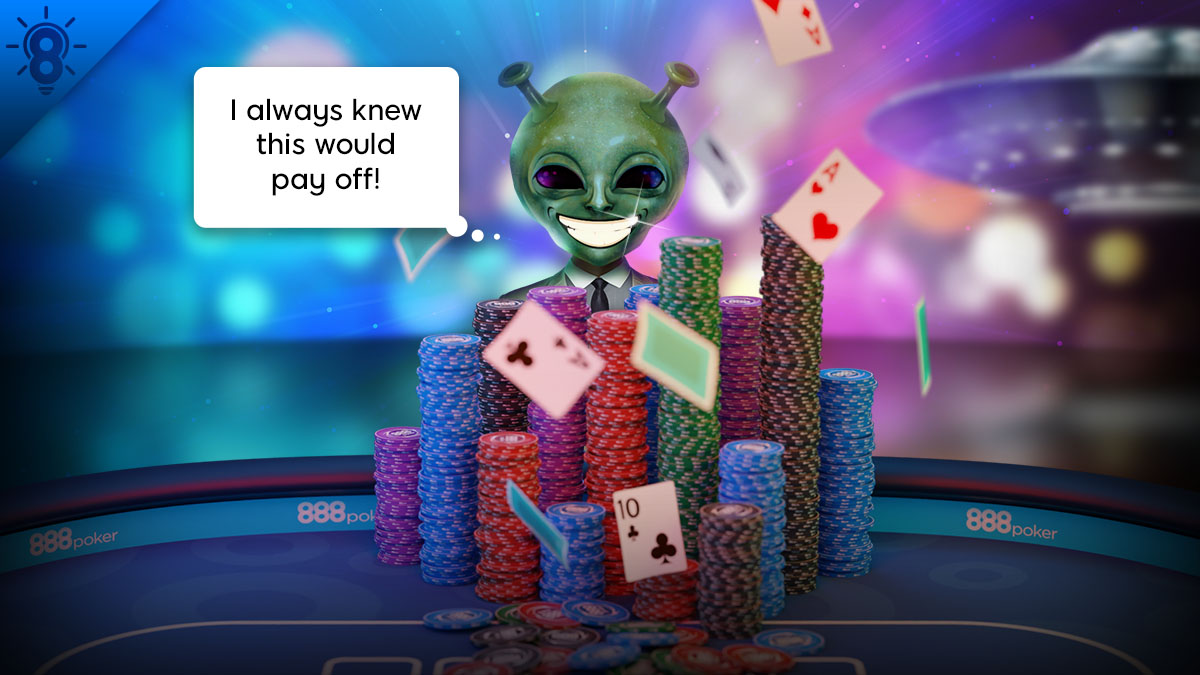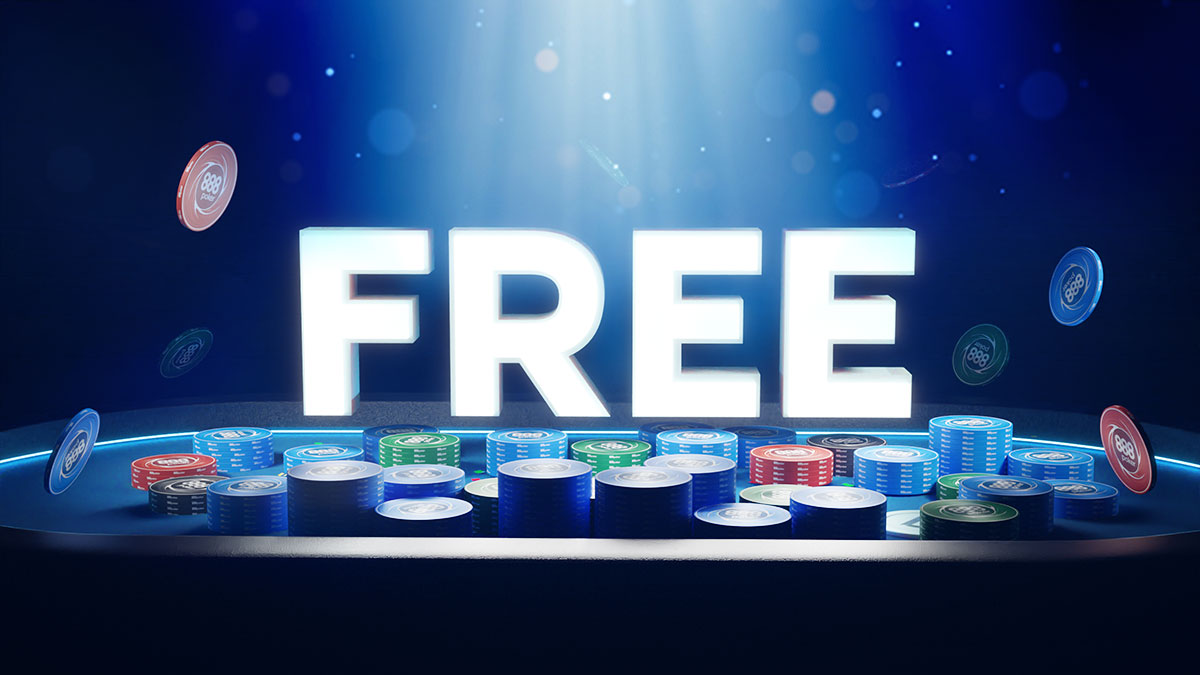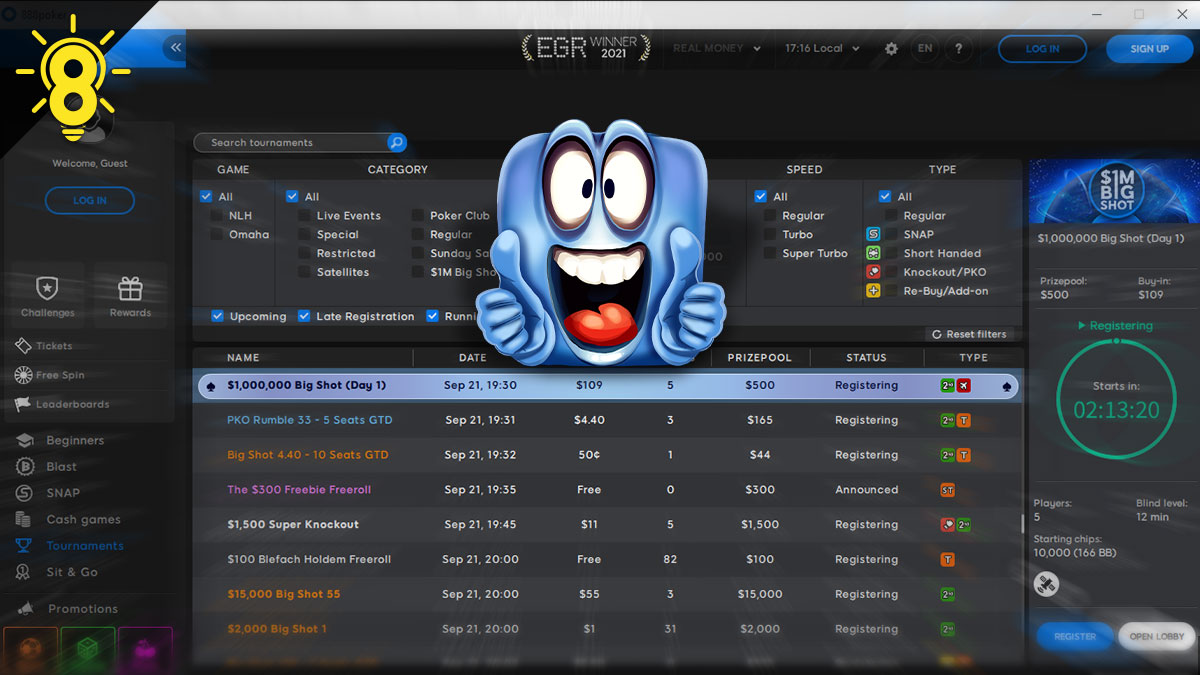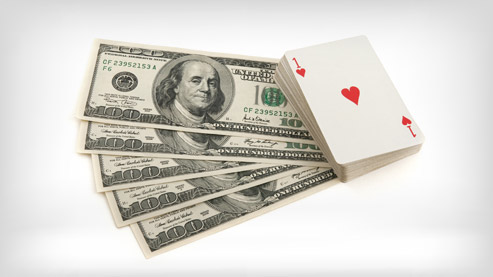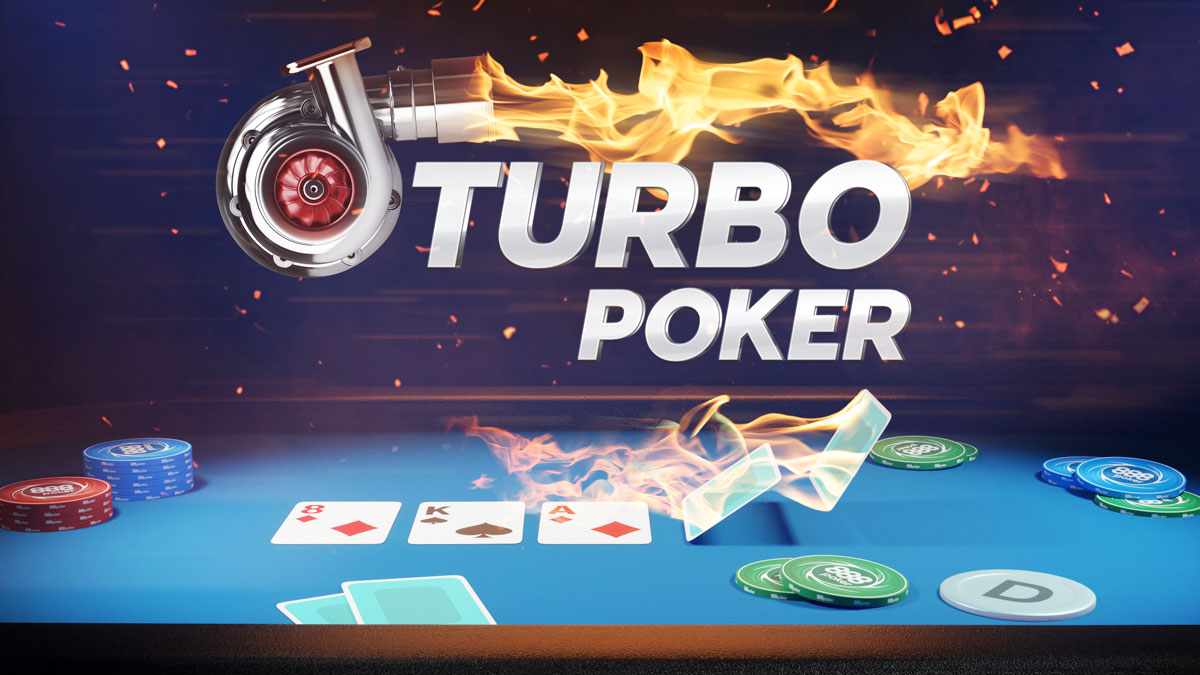Poker Strategy – Questions and Answers
Question 1: Is there a strategy to poker?
Although luck will heavily affect the winner of any given poker hand, good poker players realise that there is strong strategic element to the game of poker. Players using good strategy can definitely expect to win more money in the long run than those making random decisions.
Question 2: Does it matter which poker strategy we use?
Although luck plays a big factor in short term results, poker strategy is NOT irrelevant (as it might be in some other casino games such as slots). Over the long run, poker is predominantly a game of skill, meaning that the best players can expect to earn consistent profits.
Question 3: How can I learn good poker strategy?
Rather than attempt to master the game on our own, it’s recommended to make use of the wealth of poker material available online. Training sites, training videos, strategy articles, forums and private coaching are all excellent ways to learn high-level poker strategy.
Question 4: Is there an optimal poker strategy?
It’s theoretically possible to derive an optimal solution to poker using the branch of mathematics known as game theory. Unfortunately, most poker variants are complex enough that humans are still a considerable distance from knowing the theoretically optimal strategy.
Question 5: What is the best strategy in poker?
The most profitable way to play poker is to make use of “exploitative” strategies. This concept involves probing our opponent’s game for weaknesses and look to target those weaknesses as aggressively as possible.
